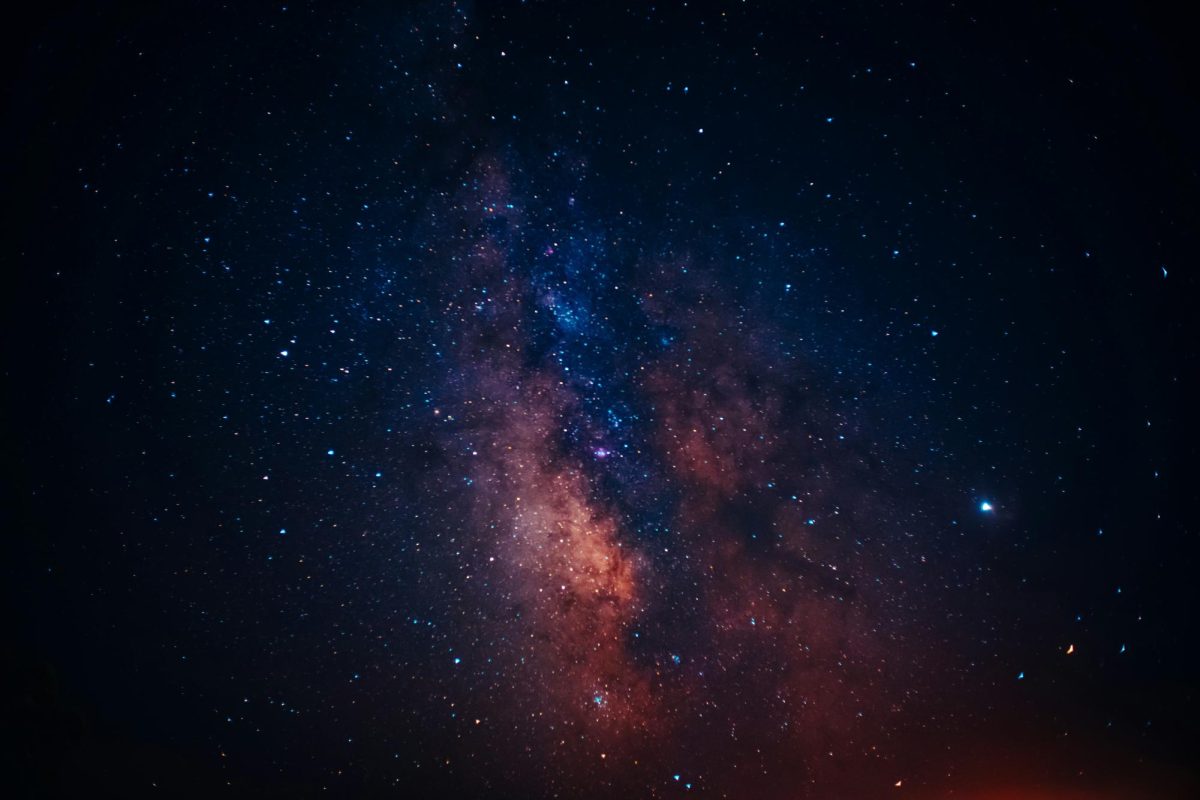
You’ve most likely heard of the dark and seemingly endless place we call space, which is full of stars, planets, and even galaxies. With everything that is out there and everything we still haven’t discovered, it’s natural to be curious about its mysteries.
Before I start talking about why space is so interesting, I need to clarify a few things. First, despite some beliefs, space is not considered a true void. In fact, it is full of many things like planets, stars, galaxies, matter, fundamental particles, and radiation. Second, it is unclear how big space is, but it is most likely not infinite. Finally, only 5% of space has been discovered so far, so we are limited to the information we have right now. This means some of this information could change or expand in the near future.
One reason why space is so interesting is the information we have and what it could lead to. Currently, NASA is trying to figure out how to colonize Mars. To help with that, they have built a robot that will arrive at Mars to hopefully collect more research. Along with that, exoplanets—which are potentially habitable planets—are being researched thanks to the James Webb Space Telescope (JWST). Scientists are also researching lunar exploration for resources such as water.
Speaking of NASA, they were responsible for running all 17 Apollo missions, which were created to get the first person on the moon. Thanks to the Apollo missions, the first person to walk on the moon was Neil Armstrong.
Another reason why space is so interesting is the effect it has on our solar system. Space mainly affects our solar system with its gravitational force, which helps form the orbit that we live in. (Despite the heavy impact space has in shaping our orbit, the sun is the main reason why it looks the way it does.) This gravitational force also helped create structures such as the Oort cloud, a giant icy spherical shell surrounding our solar system with objects that are like comets.
The final reason I will cover is the mysteries we have yet to solve about space. You already know that its size is unclear, but did you know about the hypothesized ninth planet of the solar system? That’s right—scientists believe there could be a mysterious ninth planet located beyond Neptune’s orbit. This planet’s gravitational effects could explain why trans-Neptunian objects (minor or dwarf planets that orbit the sun at a greater average distance than Neptune) are orbiting in the way they are.
If you want to learn more about space and its mysteries, I would recommend checking out NASA’s or SpaceX’s webpages.